Ah, ramen. The quintessential college staple. The noodles of our people. The…you get the point.
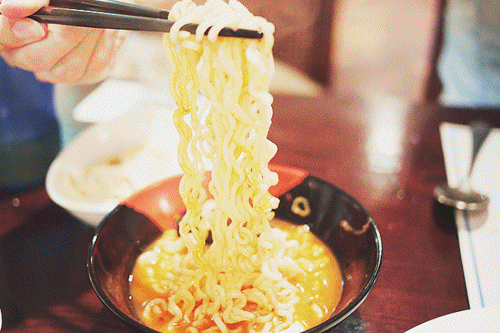
Photo courtesy of francesquinlan.tumblr.com
Needless to say, these salty, addictive noodles are becoming increasingly popular among college students and broke people alike. We’ve gotten creative too, enjoying creations such as the ramenrrito, ramlet and ram n’ cheese. As college students, we eat, breathe and live ramen. But just how well do we know ramen? Here are 7 fast facts, from the good to the bad to the ugly.
The Good
1. It would only cost about $140 a year to eat ramen for every meal.
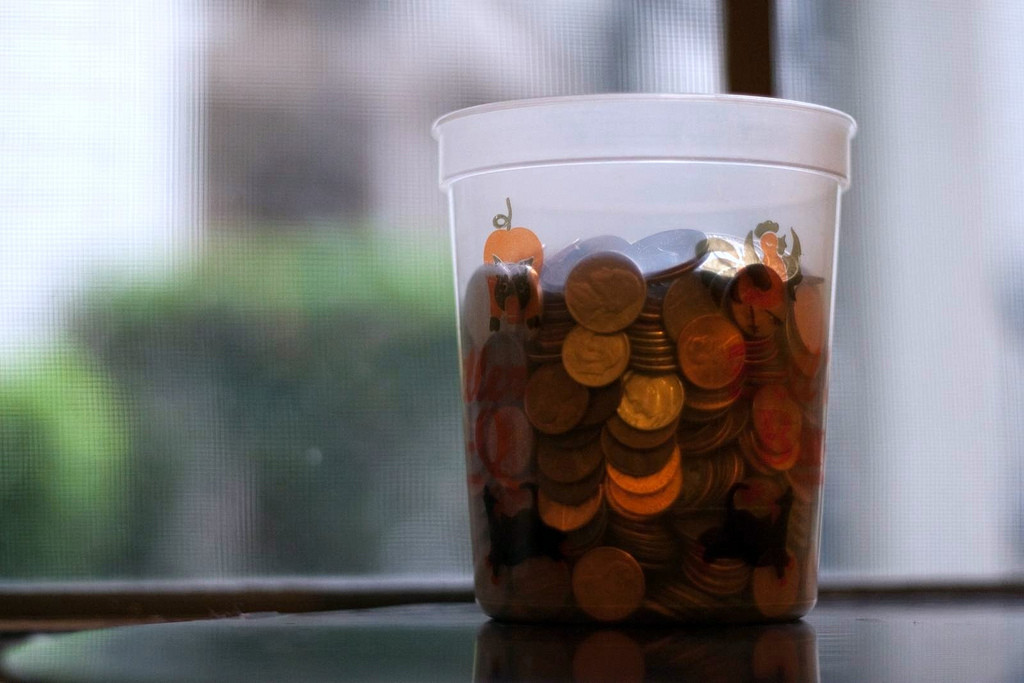
Photo courtesy of flickr/alamosbasement
At around 13 cents per package, ramen could theoretically sustain you for 365 straight days at a cost of only $142.35. #math
2. The first instant ramen was considered a luxury item.
Ramen wasn’t always dirt cheap. In fact, when it was introduced to Japanese supermarkets in 1958, “Chicken Ramen” (as invented and named by Momofuku Ando) was 6 times the cost of fresh udon noodles.
3. Ramen noodles were the first ever noodles consumed in space.

Photo courtesy of Google Doodles
Mr. Ando really outdid himself here. His parting gift to mankind was the “Space Ram,” a vacuum-packed ramen with smaller noodles and a thicker broth. Japanese astronaut Soichi Noguchi feasted upon these vac-packed instanoodles while aboard the Discovery space shuttle.
The Bad
4. One pack of ramen will bring you well over half the daily recommended amount of sodium.
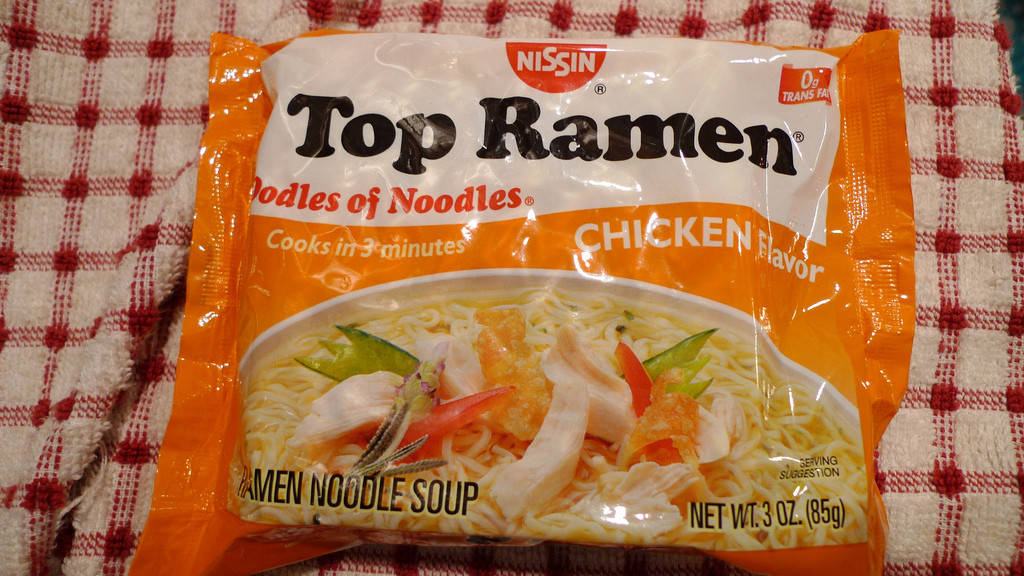
Photo courtesy of flickr/camknows
A package of Nissin Top Ramen Chicken Flavor contains 1,820 mg of sodium. To put this in perspective, the FDA recommended daily limit is 2,300 mg.
5. Instant ramen has been linked to heart attacks and diabetes.
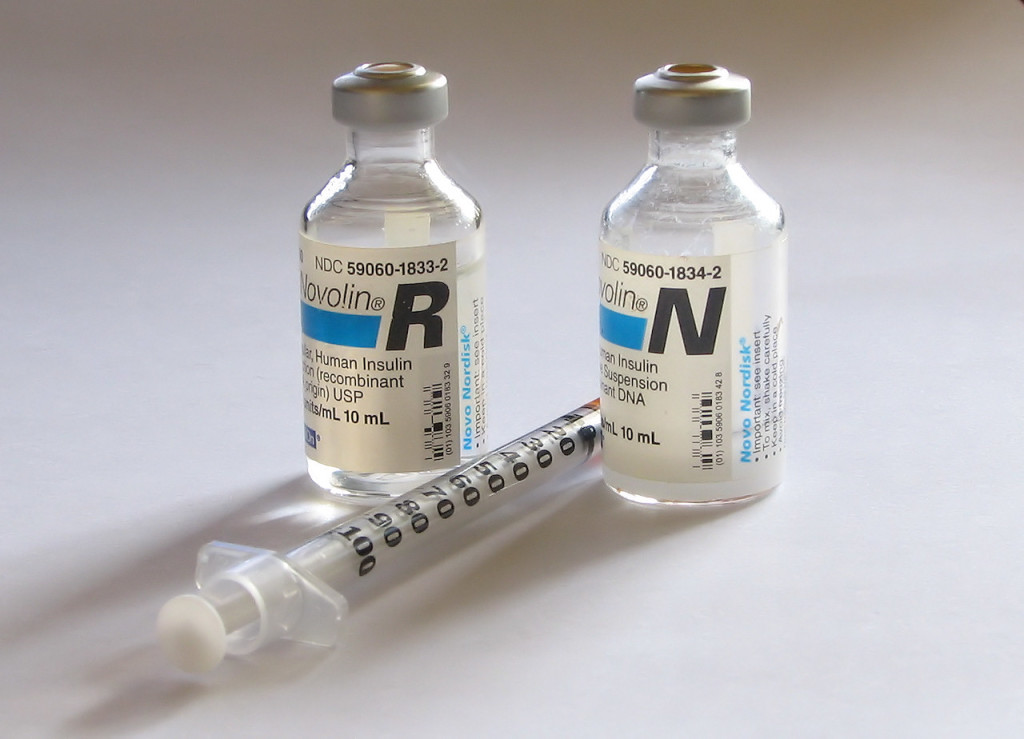
Photo courtesy of flickr/Melissa Johnson
A recent study published in the Journal of Nutrition found that eating instant noodles just 2 or more times per week is associated with cardiometabolic syndrome, which increases your risk of developing heart disease, diabetes and stroke.
6. Such risk factors are more prevalent in women.

Photo courtesy of Wikipedia Commons
Ya hear me, ladies? Dr. Shin, the primary investigator of the study, suggests that this is caused by differences in sex hormones and metabolism between the sexes.
And The Ugly
7. The preservatives inside instant ramen give your tummy a hard time.
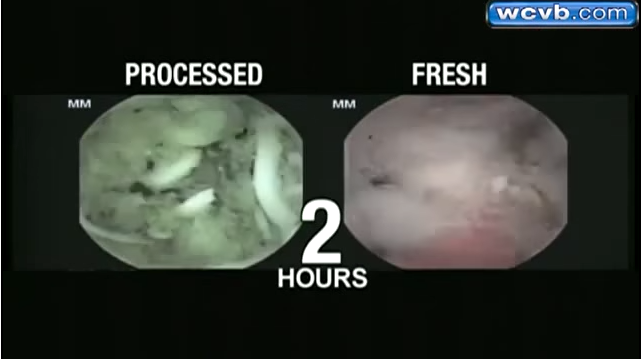
Photo by Wendy Sun
A gastrointestinal specialist used a pill-sized camera to monitor the digestion of instant (preserved) noodles versus homemade noodles. After two hours, the preserved noodles were still relatively intact, in contrast to their unpreserved counterparts. The video is available here, but watch at your own discretion. (Don’t eat ramen before watching it.)
Sources:
10 Things About Instant Ramen You’ll Be Embarrassed You Never Knew


